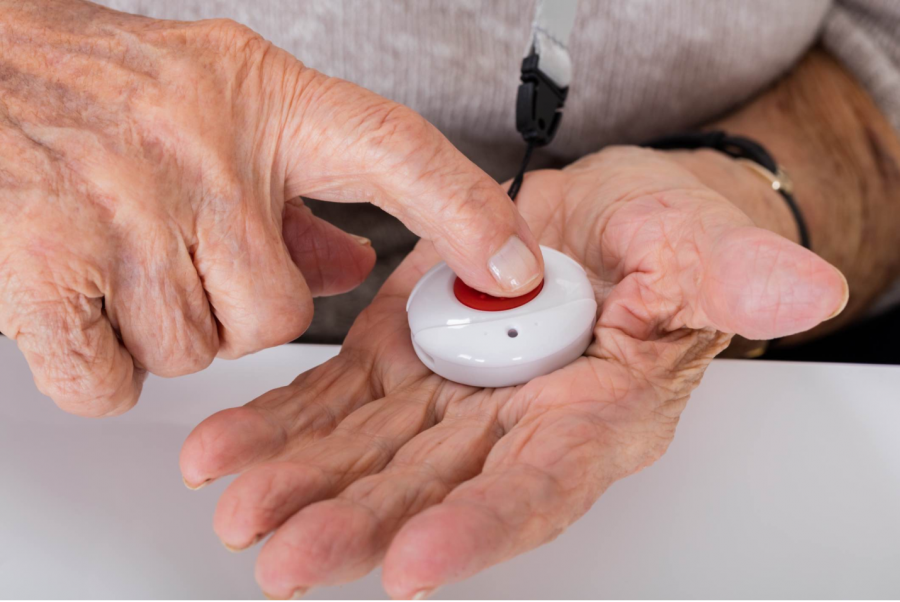How Orthodontic Treatment Can Boost Your Confidence
A confident smile can be a transformative attribute, radiating positivity and self-assurance. Orthodontic treatment often plays a pivotal role in shaping this aspect of our persona. It is not just about straightening teeth but also aligning a person’s confidence with their appearance. For many, the journey to a perfect smile is synonymous with a journey toward improved self-esteem. Keep reading to discover how orthodontic interventions can enhance not only your dental health but also your self-perception and societal interactions.
The Impact of Orthodontic Treatment on Self-Perception

The way we see ourselves is crucial to our overall well-being, and our smile plays a significant part in this. Misaligned teeth can be a source of self-consciousness and social anxiety for many individuals. Orthodontic treatment, however, can catalyze a positive change in self-perception by rectifying such issues.
Post-treatment, patients often notice a shift in their attitude towards social engagements. They report feeling less inhibited and more willing to show off their smile in both personal and professional settings. This behavior is a direct result of the boosted self-confidence stemming from their improved dental aesthetics.
Moreover, many orthodontists in Temecula, CA, and beyond understand the profound psychological benefits of orthodontic treatments. They witness firsthand the metamorphosis of their patients, who often leave with not just a straighter smile but a renewed sense of self.
Orthodontics: Not Just for Teens

Orthodontic treatment is typically associated with adolescence, but adults are increasingly turning to braces and aligners to correct longstanding dental issues. Adult orthodontics is a growing trend reflective of society’s recognition that it’s never too late to improve one’s smile and, by extension, one’s confidence.
Many adults report feeling empowered by the decision to pursue orthodontic work, noting that it signifies taking control of their appearance and well-being. The psychological impact can be particularly profound for adults who have spent years hiding their teeth in photos or while laughing.
With advancements in orthodontic technology, such as clear aligners and lingual braces, adults have discreet treatment options that won’t disrupt their professional appearance. The ability to undergo orthodontic treatment without visible metal braces has opened the door for many adults to seek and receive care, leading to enhanced self-confidence without the self-consciousness associated with traditional braces.
From Overbite to Overjoyed: Personal Success Stories

The transformative power of orthodontic treatment is best exemplified by the personal success stories of those who have undergone the process. These narratives often begin with challenges such as overbites, underbites, or crowded teeth that have affected a person’s self-esteem for years.
Through the meticulous work of orthodontists, patients see a gradual but consistent rectification of these issues. Many recount experiencing newfound joy as they no longer feel the need to hide their smile. The psychological uplift accompanying their physical transformation is an intrinsic part of their success stories.
These testimonies are not only about achieving a perfect smile but also about the journey of resilience and commitment to self-improvement. They often speak to the supportive role of orthodontic teams who encourage the duration of treatment.
Social Benefits of a Straighter Smile: Navigating Professional and Personal Spheres

The ripple effect of a straight smile transcends personal benefits and significantly impacts the social sphere. In professional settings, a confident smile can convey competence and approachability, two attributes crucial for growth and networking. It also serves as a non-verbal cue of friendliness and openness, which can be an advantage in customer-facing roles or leadership positions.
Interpersonally, a self-assured smile casts a positive impression, making individuals seem more sociable and likable. This can lead to strengthened relationships and an increased sense of belonging. It’s not just the aesthetic but the confidence behind the smile that engages and draws people in.
Overall, the psychological and social advantages of orthodontic treatment prove to be just as important as the functional ones. A straighter smile acquired through dedicated care not only fortifies dental health but also catalyzes enhanced self-esteem and better social interactions. Asserting its worth as a life-changing intervention, orthodontic care stands out as a valuable investment in one’s overall quality of life.







